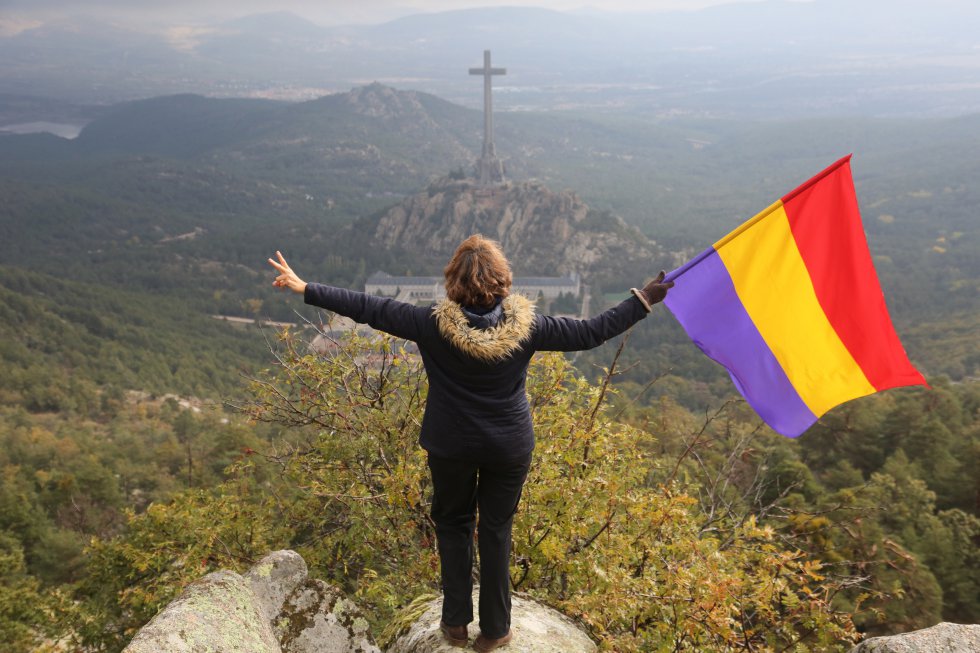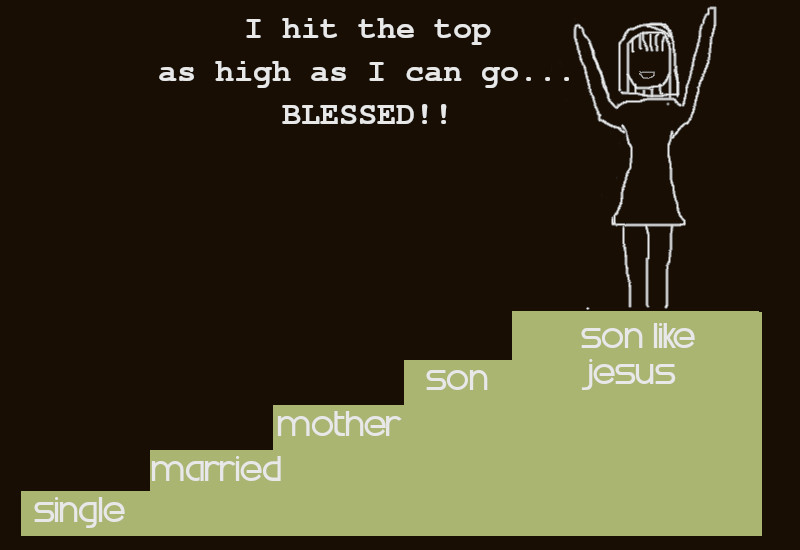Most of us at a personal level have been frustrated that we have not had a voice. Sometimes we have a voice but the negative feeling is as simple as others have not agreed with us! On the wider front this has been the feeling about the lack of voice (being listened to / agreed with) from within the church as far as the political world is concerned. My strong guess is that the church is not alone in this feeling and there are many marginalised groups that must feel similar. I think though it is compounded by a sense of privilege, for after all ‘we are a Christian country’.
The cry of ‘we are losing our influence’ was (my perspective) one of the main reasons in the USA for the rise of the ‘moral majority’ and to provoke a heavy investment into the sphere of politics, with the majority of the moral majority coming to endorse the Republican party, the party of (supposed) small government and pro-life (or supposed pro-life). It probably awakened a realisation that following Christ and politics are not in two separated realms. Following Christ has a personal element to it, but faith does not mean that the public arena is irrelevant, indeed personal faith becomes another factor that provokes an even greater focus on the public arena at a different level.
In many circles where there has been an emphasis on transformation a theology has developed such as the seven mountains of influence, where society is seen as consisting of mountains such as politics, media, the arts, etc., and to influence those areas for Christ there is the realisation that the top 3% within those realms are the shapers, therefore it is essential to either become those top 3% or to influence them for Christ. This is both a theological and pragmatic approach, and owes much to the thinking of Abraham Kuyper, prime minister of Holland from 1901-05. There is a theology behind it that the Lordship of Christ and claims of Christ extend to every area of society, and there is a pragmatism that looks at how to bring about change in line with the claims of Jesus. The final outcome might not look too different to that of Sharia law! In this approach something that needs to be critiqued is that of power, of how the influence of Jesus is expressed and how much a shaping from the top-down is in line with the cross of Jesus.
Christendom where the privileges offered to the church (bishops in the house of lords, royalty crowned and anointed by the church), and the idea of living in a Christian country is coming to an end. The demise of the so-called Christian west is not necessarily the demise of Christian faith, indeed it should prove to be the fertile ground for faith that resembles more closely the faith witnessed to by the New Testament, a faith that was political.
A note on the word ‘political’. It comes from the Greek polis (city) so carried the sense of being involved to shape the future of the city. It developed semi-democratically where the ekklesia (church) was formed of the mature and free males who could vote on issues.
The Bible, Israel and politics
Israel was called to be a light to the nations. Called for the nations, not to convert them, but so they might find their way. Israel, shaped by law, and that law was predominantly social hence it shaped their community life. (Convenient as it might be to distinguish the ceremonial and judicial aspects from the moral law, this was not in line with how it was given nor received. The law was law as a whole. To be disobedient in one aspect was to be disobedient.) The law placed limits on behaviour and curbed excesses, particularly in the economic realm. The 8th Century prophetic movements were huge critiquing voices against economic exploitation. The maximisation of profits was illegal, care for the ‘widow, orphan and alien’ was a regular reminder brought to Israel. The law was unique to Israel, they alone were to be not as the other nations, with Jewishness less defined by race than by faith. Unique in the world, but in existence for the world. They were elect not in the sense of ‘saved’ but in the sense of uniquely set apart for the sake of others. Their politics was clear, Torah defining that, and as a guide they were to provoke and facilitate the nations finding their own way, their own politics. (By this I am not suggesting that they were not going to be evangelising, proclaiming the news that there is one true God who sets the prisoners free; simply I am focusing here on Israel was a unique theocracy.)
It should be no great surprise that the NT flows from that understanding of what it meant to be unique and therefore it is no surprise that the early impact of their faith in the liberating God was visibly seen relationally in the economics of the community. The early response in Acts, post-Pentecost can be understood as a Holy Spirit response to the requirement of jubilee, something that it seems Israel were never able to fulfil. Living as aliens in an imperial world the the self-identity as royal priests within their geographical setting was deeply appropriate. Living, as Israel had done before them, as a light to the nations, it is not surprising that there is a huge political element to the NT, and that the final book is still, after 2000 years, the highest critique of power, institutionalism, economic policy and international trade relationships.
Church (ekklesia) as community and as movement
I have written before about there being two sociological ends of a spectrum when looking at healthy groups. At one end of that spectrum the existence of the group is focused in on being there for one another, so that in the interaction each person is encouraged and healing brought to them to be a continually improving version of themselves. That ‘community-focused’ perspective is present in the NT – encourage one another, admonish one another, love one another etc. The other end of the spectrum is around what is understood as a movement. A movement is part of a wider community but the movement is formed around a world view that the wider world does not share. A good example would be that of the civil rights movement, Martin Luther King’s ‘I have a dream’ speech epitomising the world view that was their vision – a world of equality. That was why they were together, not primarily to see healing come to one another, but to see a transformation of the world around them. They are ‘mission-focused’. My bias is mission-focused – and I believe the raison d’etre for the church in the NT is that of mission-focused, for the nations.
Post Christendom – a challenge to transformation by power
One of the biblical issues we face is that God works in and through all forms of less-than-good structures. A pertinent example is that of the king in Israel. The request for a king was a rejection of God, yet God anointed the one who symbolised the rejection of God.
We cannot justify something because God has used it. In the days of the British Empire there was the twinning of expansion, colonialism and missionary enterprise.
The church has been complicit in believing change comes through enforcing it, indeed the church has strengthened that way of acting, thus empowering the government to act in such a way, particularly when it enabled Christian privileges to be maintained. In a post-Christendom space there is opportunity to see powers disempowered, but this will only come about by an embracing of true servanthood.
In the fifteenth year of the reign of Tiberius Caesar – when Pontius Pilate was governor of Judea, Herod tetrarch of Galilee, his brother Philip tetrarch of Iturea and Traconitis, and Lysanias tetrarch of Abilene – during the high-priesthood of Annas and Caiaphas, the word of God came to John son of Zechariah in the wilderness (Lk. 3: 1,2).
Change did not take place by replacing the rulers with Christian rulers, nor by converting those rulers. Rather the word of the Lord was embraced in the wilderness, those who came were submitting themselves to be part of a movement. There is a repeat of Israel’s history, formed in the wilderness, receiving the law in the wilderness, crossing the waters of the Jordan. A movement for the world. This is a new beginning, children of Abraham who God could raise up from stones… race will prove not to be the issue, but faith.
And the process of change did not begin from a ‘top-down’ position. And from that beginning the process did not become a top-down movement.
Loss of privileges, for sure. But what possibilities!









